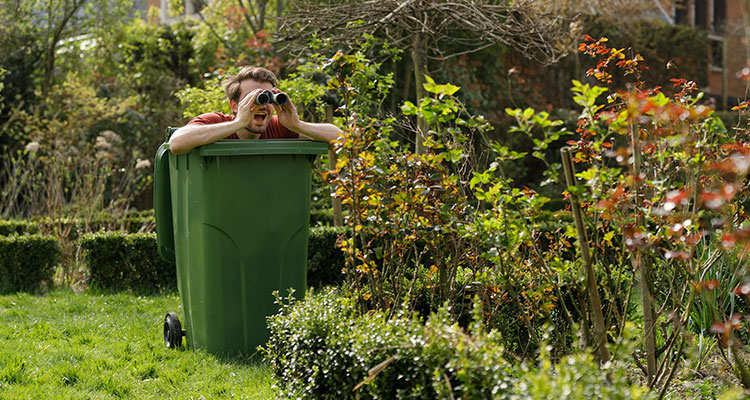
BNP Paribas Fortis and Our Nature join forces for more biodiversity

The coronavirus crisis is forcing us to face facts
Since March 2020, we have come to realise just how urgent the situation is in full force, according to Wilfried Remans, head of CSR (Corporate Social Responsibility) and Public Affairs at BNP Paribas Fortis: “Our ecosystems are under pressure. And a study by the World Economic Forum shows that over 50% of the worldwide gross national product depends directly on nature! For instance, we need natural pollinators for all aspects of agriculture, we extract many resources such as wood and minerals directly from nature, we rely on a particular climate to be able to grow crops and we need ridiculous amounts of water for many production processes. The boundary between man and nature is becoming ever smaller. Just look at how the coronavirus - like ebola - was probably transmitted from animals to people.”
Europe obliges companies to reduce their impact
So it is no wonder that as well as the climate goals, a legal framework is also taking shape on the sustainable use of natural resources and the preservation of biodiversity, Wilfried explains: “Europe is developing a biodiversity strategy that requires companies to report on their impact on nature. Which non-renewable raw materials do they use? How much water do they need? Do they cause irreversible pollution? What happens with their waste? This obviously has consequences for the capital market, because investors will be less inclined to pump money into nature-unfriendly sectors or companies that are highly dependent on natural capital. We need to evolve more towards a circular economy where reusability is the norm. And as a big bank, we are happy to join in the concerted effort.”
How is BNP Paribas Fortis committing to more biodiversity?
“Companies that we invest in have to meet certain biodiversity requirements, particularly in sensitive sectors such as agriculture, mining or palm oil. So they are obliged to think about the role they play in conserving our natural environment. In addition, we have stopped investing in highly damaging sectors such as the tobacco industry. This not only harms our own health, but all the stubs left lying around all over the world have a huge impact on nature. When companies take out a loan with us, we can give them a reduction if they can prove that the money is being used to bring about a positive shift in favour of restoring nature. That not only gives these companies a financial advantage, but also makes them stronger in the future. They run less of a risk because they become independent of natural capital and therefore have more stability on the market.”
Needless to say, BNP Paribas Fortis is doing its bit here, too. Wilfried: “Of course, we contribute locally, by making donations to nature organisations such as WeForest, Natuurpunt and Natagora, or by giving all our staff half a day’s paid leave per year to do volunteer work with a social or nature project. In this way, by the end of this year BNP Paribas Fortis aims to give one million hours to society. Moreover, since the end of 2017 we have been a climate-neutral company in terms of our direct impact and we pay particular attention to keeping paper and plastic waste to a minimum.”
Raising awareness of biodiversity with the help of Our Nature
The BNP Paribas Fortis communication strategy also contributes towards increasing awareness of the importance of biodiversity. Annemie Goegebuer, Head of the Centre of Expertise Communications: “Sustainability is part of our DNA. So it is also an important pillar in our communication strategy. It’s called Positive Banking: how can we, as a bank, together with our staff and our customers, build a better future?”
The cooperation with Our Nature fits perfectly with this strategy to exert a positive impact. Our Nature’s online platform carries daily stories about biodiversity, but also about the challenges that nature has to face every day. Putting indigenous nature in a positive light secures a place in the hearts of all Belgians for our diverse fauna and flora. And if you think something is amazing, you will take greater care of it.
Annemie: “Together with Our Nature, we do more than tell stories about our indigenous nature. We are also organising an internal communication campaign inviting our staff members to go out and explore their garden, terrace or balcony. The campaign combines experience and information: the fun challenges are supplemented by an educational aspect. Why are bees and insects so important? How do you start creating a piece of wild garden and why does that make a difference? The first reactions are already very promising: our colleagues are keen to take part.”
Clearly, you don’t have to travel far to explore nature. Wild Belgium starts on your front door step: quite simply outside. This way, together we are making biodiversity everyone’s first priority!